|
We are in the presence of a revolution, a revolution of farmers! In case you hadn't noticed, revolutions are no longer about warfare. Today revolutions are spiritual, technological or ideological. Furthermore, the leaders no longer die for their cause, but instead, seek refuge in a neighbouring country until the danger passes or they simply change their beliefs. This is precisely what has happened in Kenya, a revolution. The coffee farmer's revolution! Although, according to our records collected over the years, we had established that Kenya was the African country where the best price per kg of cherry was paid (about 1 USD per kg). But the coffee farmers were not happy with that, and who is? We all want more, it's part of our human nature. The problem here was not greed, but rather that many of them did not generate enough income to cover their production costs. This resulted in many of them giving up coffee, in favour of more profitable crops such as avocado or macadamia.
0 Comments
Coffee has been traded for commercial purposes for 400 years. From there, it has spread to approximately 70 countries where it is currently grown. The Dutch were the ones who began to establish economies of scale around the production and export of coffee. Later they grew coffee in Java and Ceylon (now Sri Lanka). The first exports from Java to the Netherlands occurred in 1711, and the Dutch East India Company was the first multinational corporation in history and the first to export coffee on a large scale. During these four centuries, a pattern of neo-feudal behaviour has been generated, which has forced small coffee growers to chain themselves into ultra-dependent relationships with large landowners or multinationals, which have caused multimillion-dollar profits for large companies, in addition to the concentration of land, marginalization and slavery. This is how this business model has been perpetuated until today.
We pride in being very good connoisseurs of the coffee industry in Kenya and the country in general. Since 2013 we are constantly going at least twice a year (during main harvest and then at cupping/selection time); We have visited a large number of cooperatives in various regions; We know the reality, dreams and problems of coffee farmers; And it is without doubts, our favorite origin! But as in all areas of life, nothing is perfect, and the Kenyan coffee industry is no exception. It is no mystery to anyone that agriculture is the cornerstone of the Kenyan economy, and the cooperative movement has a solid footprint that can be traced until just after independence in 1963.
“In the middle of difficulty lies opportunity" - Albert Einstein In August of the year 2018, the price of coffee reached levels considered alarming by the majority of those who work in the coffee industry. For the first time in 12 years, the "C" price in New York fell below 100cts/lb. While it is true, the average price of the last 12 years is not much higher than 120cts/lb, this decline generated unprecedented reactions in the specialty coffee world, which we think is positive.
During the 1960s, to increase the food production around the world, and meet the demands of an extremely quick expanding population, it became imperative to change the methodologies of agriculture. These initiatives were called "The Green Revolution" and involved the use of high yielding varieties, higher fertilizers dosages, intensive and mono cropping, the development of highly toxic and life damaging pesticides, among others.
We live in a world of constant change, everything happens quickly and technological advances make us live in a permanent pursuit of new knowledge. Certainly, the specialty coffee industry has grown exponentially in the last five years. The progress we have seen and experienced in farming, processing, logistics, roasting and brewing are undeniable and certainly admirable. But is this level of growth sustainable in the long term? Are we neglecting quality to privilege the quantity?
Since time immemorial, people have always travelled and the world has always traded their products. But it is also true that global temperature never rose so fast as in the last 35 years. If climate change will be held in a temperature increase of 2ºC or less (Aim of the Paris Agreement 2015); By 2050 it is estimated that 40% of all Carbon Dioxide (CO2) emissions will be caused by ships and airplanes only, if not properly regulated.
The word "Politics" (ancient Greek: πολιτικός politikós) means: "for or related to citizens". In very simple terms, it is the process of making decisions that apply to all members of a certain group. In producing countries (which are almost all very poor), coffee is a fundamental part of the life of its inhabitants and the country's Gross Domestic Product. Therefore, the future and decisions of the coffee industry will always be influenced by a more general vision of a group of politicians, who without having the expertise or without seeking proper advice, decide what "they believe best" for a group of people or coffee farmers, which are ultimately the "heart" that pumps the money into the economy of a coffee producing country.
|
Archives
April 2024
Categories
All
|
- What We Do
- Que Hacemos
-
Origins
-
Orígenes
- Education
- Educación
- Contact
- Contacto
- Home Roaster Store
- Tienda del Home Roaster

|
Copyright © 2015-2024 | Kilimanjaro Specialty Coffees España S.L.U. All Rights Reserved.
|


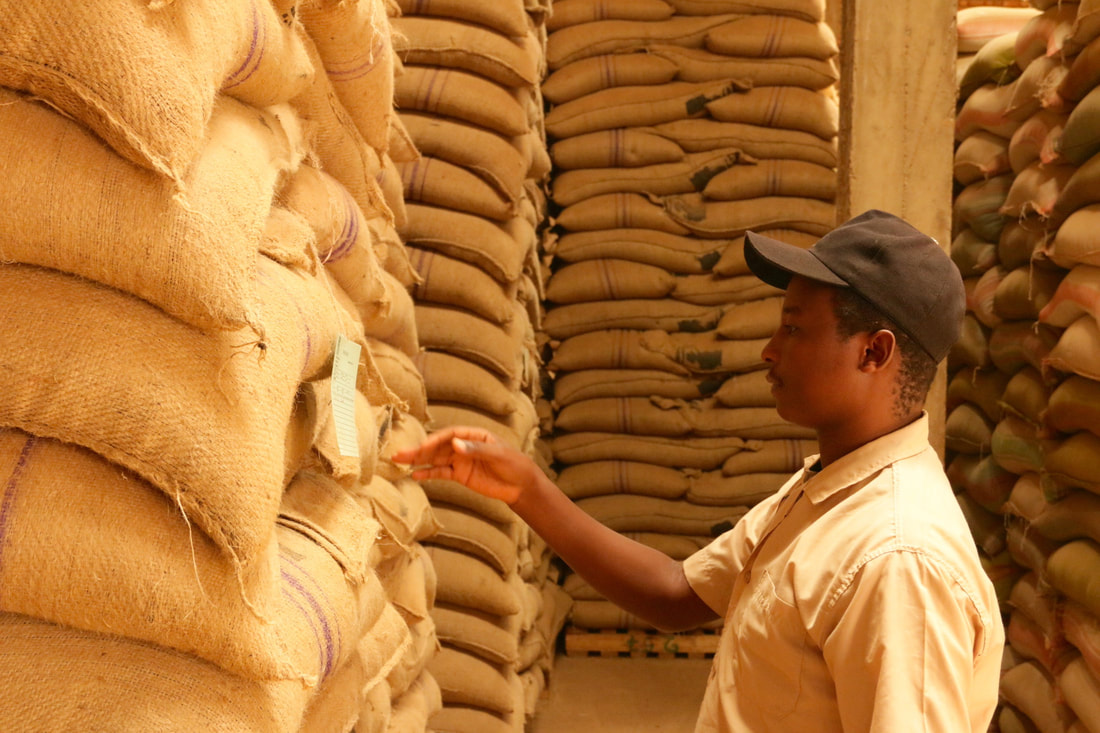
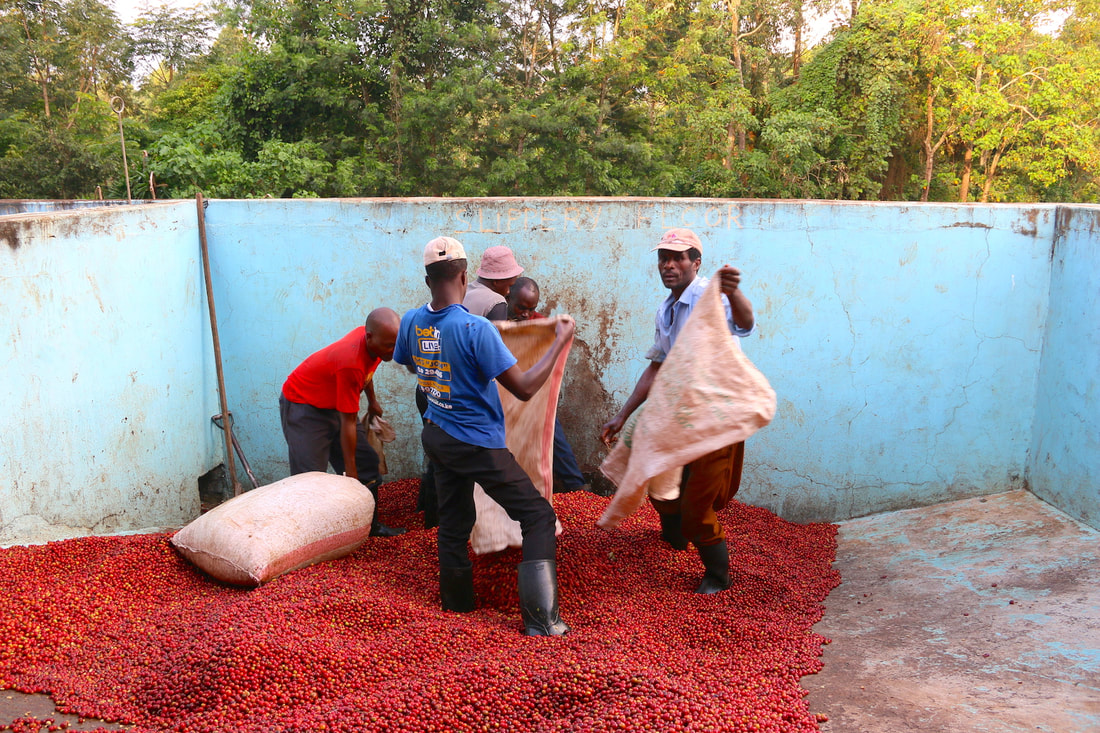
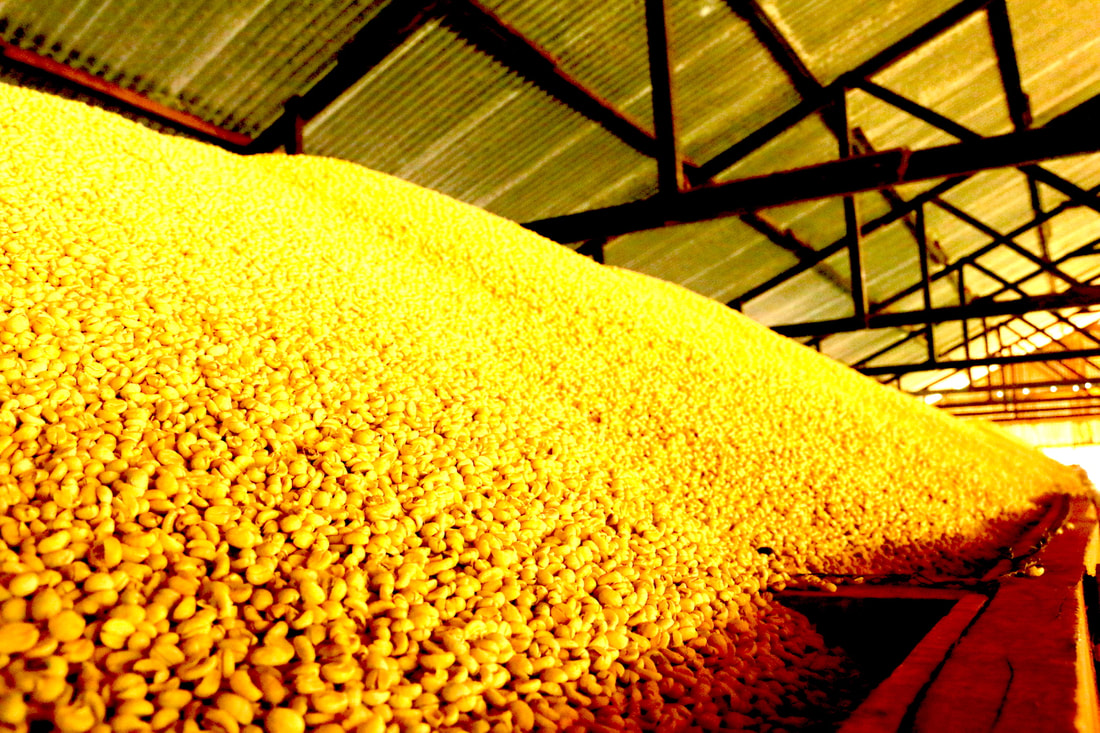
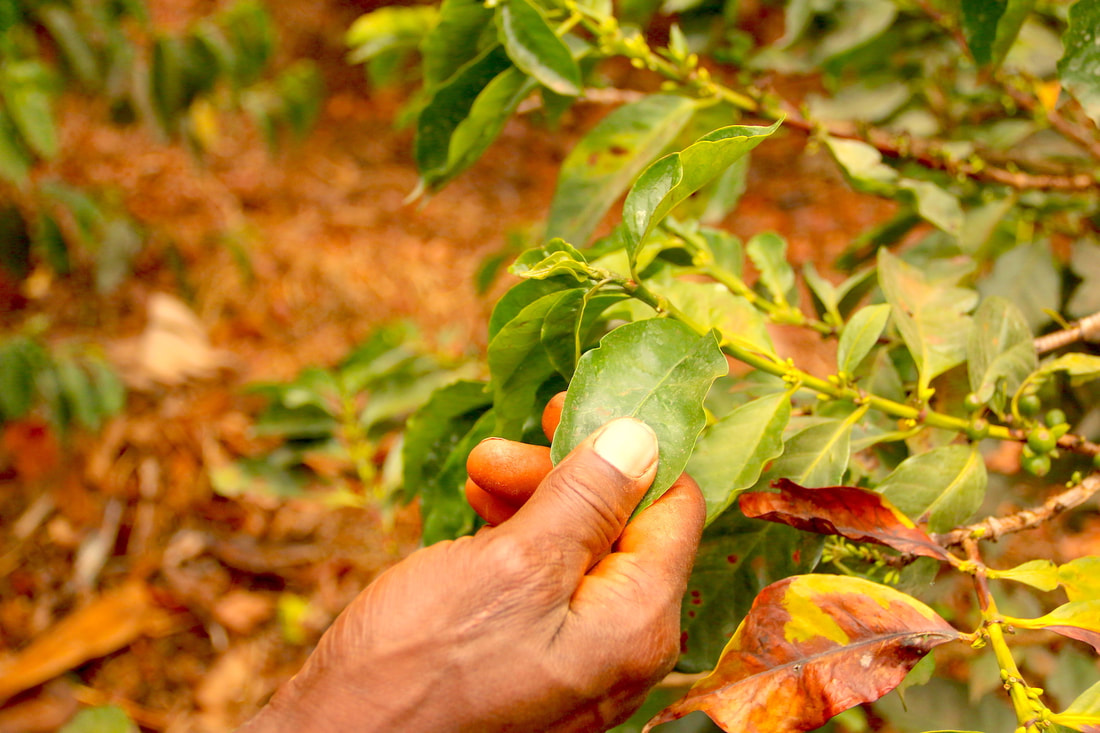


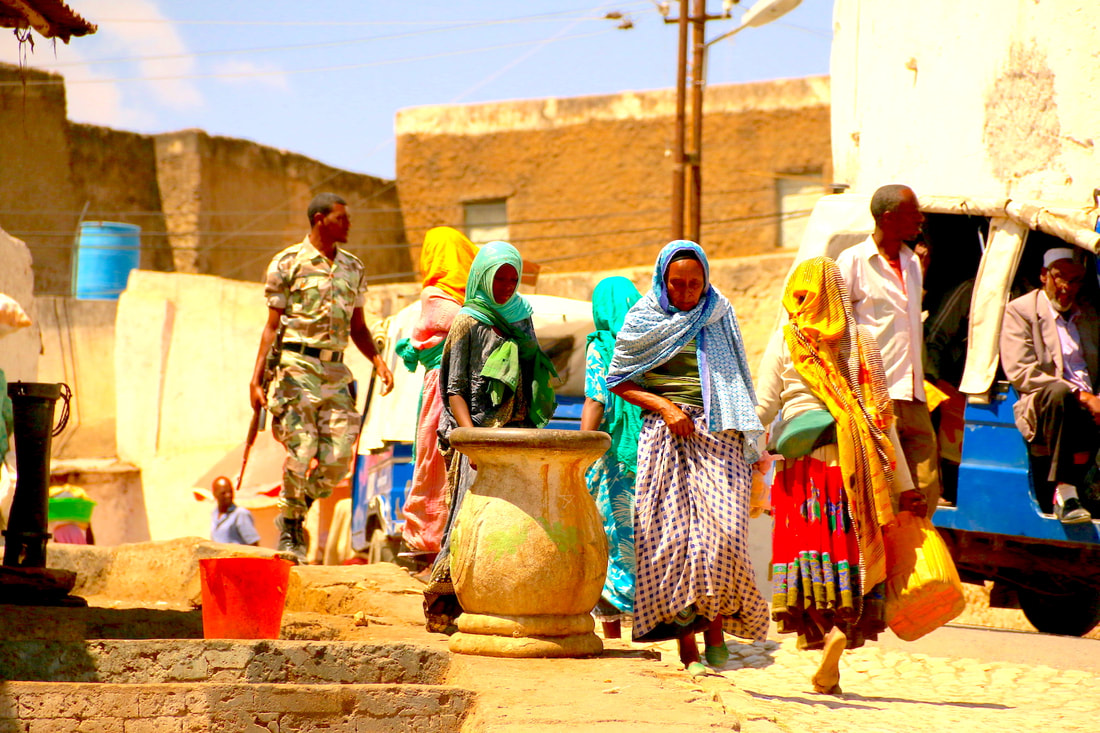
 RSS Feed
RSS Feed